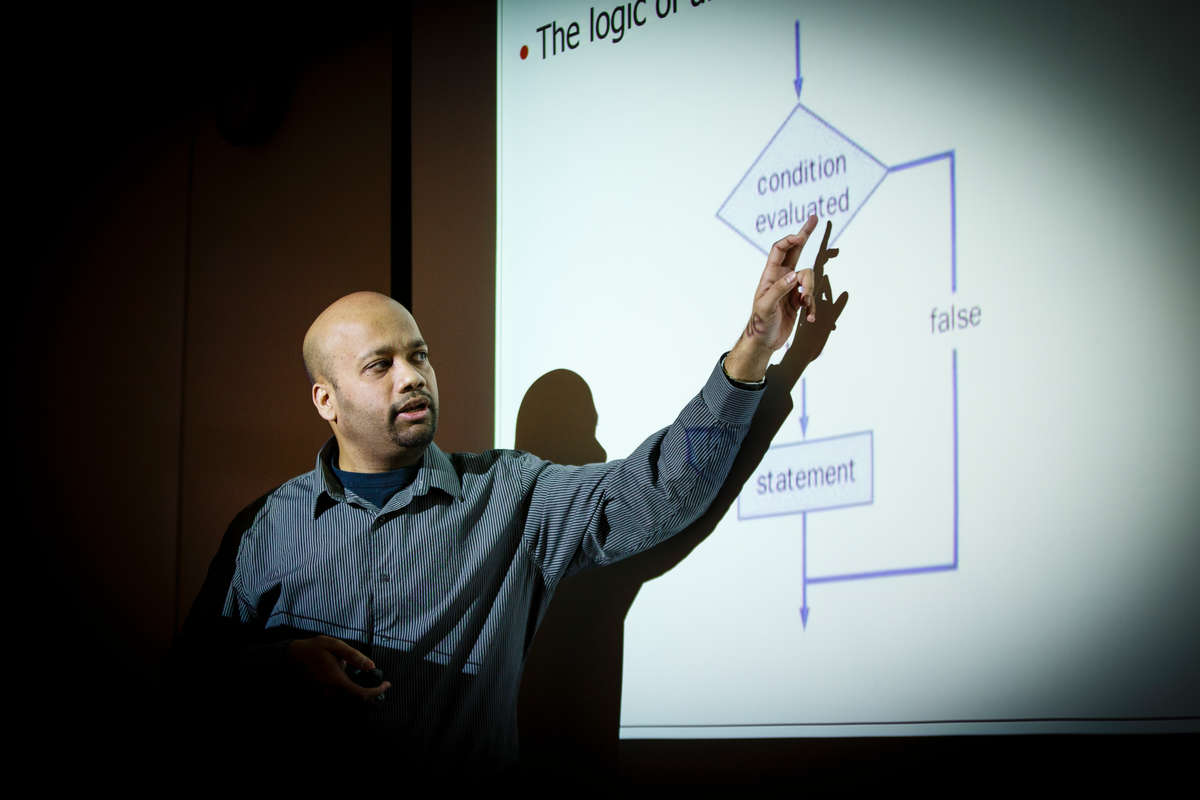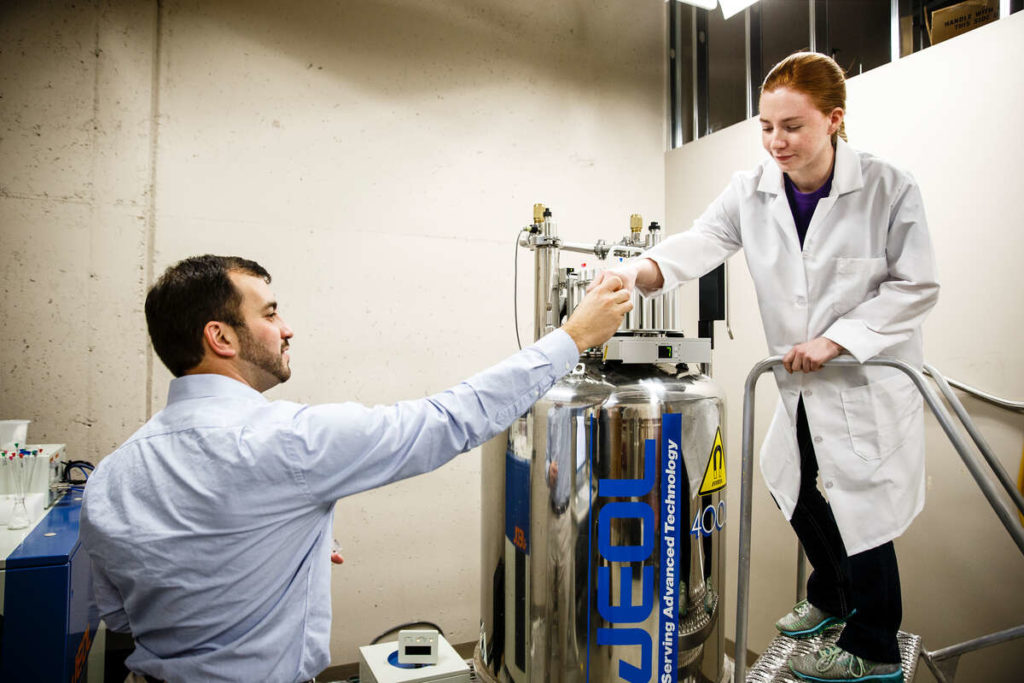This "Outside Consultant" column by Dr. Manjeet Rege, professor and chair of Graduate Programs in Software and Data Science and director for the Center for Applied Artificial Intelligence, ran in the Star Tribune on Feb. 28, 2022.
When I consult with many industry leaders of large corporations, I often hear them say, “We have decades of data sitting in our data warehouses.” That statement is usually made with a strong assumption that the data is ready for feeding into an AI algorithm, which is usually not the case. These legacy datasets are mostly collected without ever having a data strategy. That is, the data was just collected as part of a transactional activity; applying AI is an afterthought.
Smaller companies on the other hand are more agile, are not deep rooted in their legacy systems and corporate culture and are more open to adapting to modern technology. If I had to choose between large datasets collected historically without the goal of applying analytics in the future versus smaller modern cleaner datasets strategically collected, I would opt for the latter.
Smaller companies are open to investing time in crafting a comprehensive data strategy, which can then serve as a blueprint for the AI road map ahead. Consumers often see companies offering services for free. Ever wondered why they do that? In data science, whenever a product/service is offered for free to consumers, the consumer’s data is the product. So, even though smaller companies may not have large datasets to begin with, by having a data strategy, it is possible to begin collecting a clean and relevant dataset by offering initial low-cost/free services to consumers. This data can then be used for refining the initial AI model and offering premium services where the collected data can be monetized.
Finally, for automating business processes, it is possible to make use of AI directly through pretrained AI models available without ever having to train a model from scratch. For a small business, providing services like automated chatbot services for communicating with consumers or moderating user provided content (like reviews) could be done by a software engineer instead of having a large AI team on staff.
The size of the business, whether big or small, doesn’t matter. AI is no longer an option; it’s a business enabler.
Manjeet Rege, PhD, is professor and chair of the Graduate Programs in Software and director of the Center for Applied AI at the University of St. Thomas. He’s also host of the “All Things Data” podcast.







